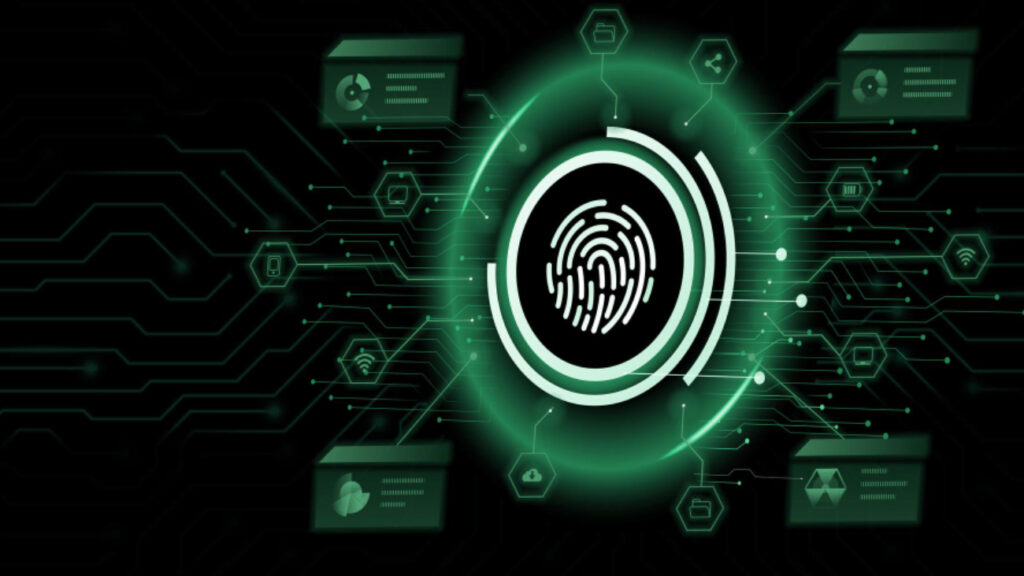As per Bahaa Abdul Hadi, Biometric technology will become faster, easier, and more secure in the future – to know how will it adapt to help businesses, read on!
Nowadays we use multiple things to control electronic gadgets and appliances – cards, keys, password managers, PIN codes, and so on. Biometric technology is our guide to a world free from keys & codes. This is because it makes you the code or key to unlock every lockable entity that’s around you.
These technologies come in many shapes and forms – fingerprint scan, voice recognition, face unlock, iris recognition, etc. and are already in use by our smartphones. The applications in our phones largely use these technologies for payments and securing confidential files. In a research study consisting of 1000 Americans, it was found that:
- Over 65% of consumers are aware of biometric technologies
- 86% of them would like to use biometric tech to verify identities & make payments
- 70% of them thought that these technologies are easy to use.
- 46% of them believed that these technologies provide more security than passwords & codes.
Artificial Intelligence (AI) has made using biometric information faster & easier. In places like China, we already see the Chinese government using large-scale facial recognition (AI) systems to track civilians on the road. However, the future of biometrics or fingerprint as an Identity Management system has many social & ethical concerns. First, let’s look at its advantages.
Advantages of using fingerprint data for identity management
- Identification Accuracy – As the key or code (your physical data) cannot be duplicated or manipulated, the accuracy of such systems is unmatched.
- Better Accountability – Multiple fingerprint-based log-ins leaves behind a clear trail of data that is easy to track by computer systems. This is great for preventing security breaches.
- Safety & Ease of Use – Modern fingerprint scanners are designed to be easy & safe to use, without requiring any invasive procedures or excessive training.
- Saves Time – Fingerprint scanning happens in a fraction of a second without compromising accuracy. This saves a lot of time, reducing costs and improving productivity.
- Highly Scalable – These scanning systems are highly flexible & scalable as the number of sensors required can vary as per the requirement
Problems with using fingerprint data for identity management
- Physical Injury or Disability – Authentication systems can fail to detect fingerprints in case of burnt or damaged fingers, tattoo coverings, etc.
- Unalterable Physical Data – You cannot change your fingerprint data like you can change your password and can be problematic if this data is stolen.
- System Malfunction – A biometric system depends on software & electricity so it can behave abnormally or shut down completely in case of a power cut.
- Security Breach – Hackers can exploit the software that powers a scanner system and steal this information.
- Fake Positives – Hackers can create duplicates from stolen fingerprint data, making this system vulnerable.
Apart from the above-listed shortcomings, using fingerprint data in an identity management system could also have ethical challenges. The entity that holds the fingerprint data of an individual can certainly partake in unlawful practices. New consumer-focused laws and regulations are necessary to mitigate these issues at the international, national, and local levels. Only then, this idea can turn feasible and be used worldwide.
Thank you for your interest in Bahaa Abdul Hadi blogs. For more information, please stay tuned to www.bahaaabdulhadi.com







